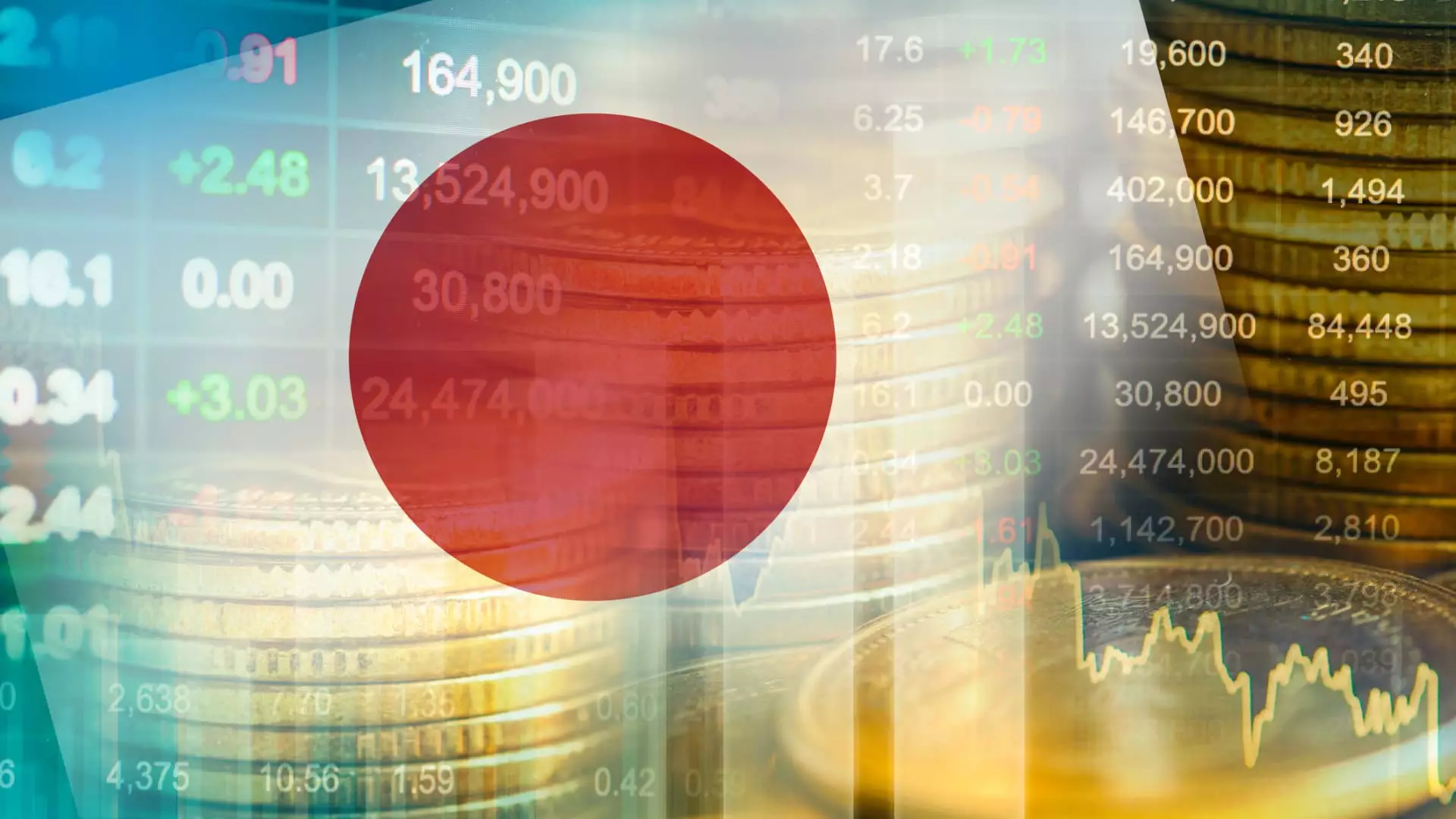Japan’s economy has dipped into a technical recession, with unexpected contraction in the fourth quarter of 2021. This contraction can be largely attributed to the impact of high inflation, which has crimped domestic demand and private consumption. The provisional gross domestic product (GDP) contracted by 0.4% compared to the same period in the previous year, significantly below economists’ median estimate for 1.4% growth. The lingering effects of the pandemic and rising inflation have complicated the path to recovery for Bank of Japan Governor Kazuo Ueda and Japanese Prime Minister Fumio Kishida.
The unexpected contraction in Japan’s economy has resulted in Germany surpassing Japan as the world’s third-largest economy in dollar terms in 2021. This shift in rankings highlights the challenges faced by the Japanese economy and the urgency to address the prevailing issues. It is evident that a comprehensive approach is required, combining suitable fiscal policies and effective monetary measures to stimulate growth.
While there are concerns about Japan entering a recession, the situation remains debatable. The unemployment rate dropped to an eleven-month low of 2.4% in December, suggesting some positive aspects. Additionally, the Bank of Japan’s Tankan survey revealed that business conditions across all industries and firm sizes were the strongest they had been since 2018 in the fourth quarter of 2021. However, the household savings rate has turned negative, indicating potential challenges for sustained growth in the coming months.
Despite the ongoing debate about entering a recession, it is evident that Japan’s economic growth will remain sluggish in the near future. The persistently negative trend in the household savings rate and the decline in private consumption in the fourth quarter raise concerns about the overall health of the economy. Additionally, the gradual decline in inflation has not been sufficient to alleviate the negative impact on domestic consumption, highlighting the need for further measures to stimulate economic activity.
The Bank of Japan (BOJ) has maintained a negative-rate regime as part of its monetary policy. However, the weaker-than-expected GDP print raises questions about the effectiveness of this approach. The BOJ had been relying on domestic demand to drive inflation and stimulate sustainable economic growth. The expectation was that wage increments would result in increased consumer spending. However, the recent data indicate that high inflation is negatively impacting domestic consumption, bringing into question the BOJ’s preference for a negative-rate regime.
The disappointing growth figures and the continued impact of high inflation have intensified calls for looser monetary policy. Many market participants expect the BOJ to move away from its negative rates regime at its upcoming April policy meeting. The outcome of the annual spring wage negotiations will be crucial in determining this shift. If wage increases prove to be substantial, it may provide some relief for domestic consumption. However, the current economic climate suggests that looser monetary policy may be necessary for a longer duration.
Japan’s economy has entered a technical recession amidst the challenges posed by high inflation. The unexpected contraction in the fourth quarter of 2021 brings into question the effectiveness of the current monetary policies and highlights the need for comprehensive measures to stimulate sustained economic growth. The domestic consumption and household savings rate remain concerning factors, necessitating strategies to encourage consumer spending. The upcoming spring wage negotiations and the BOJ’s policy decisions in April will be crucial in determining the future trajectory of Japan’s economy.


Leave a Reply